The Tadamon Accelerator for Food Security, developed under the IsDB-ISFD NGO Empowerment for Poverty Reduction Program – TADAMON, is a thematic accelerator (capacity building and grant-giving) for civil society organisations (CSOs), centered around two thematic tracks arising from complex challenges in the OIC Member countries and answering the need to increase food security through: Climate Smart Agriculture and new Emerging Technologies for Food Access and Utilizations.
With its 11-week tailored curriculum (including engaging modules and sessions in SDG Impact Management, Impact Business Development, Innovative Financing and Agile Project Management), featuring expert-led training, personalized mentorship, and equity-free grants, the Tadamon Food Security Accelerator empowers changemakers to enhance and scale their innovations, fostering resilience, driving impact, and contributing to global food security and the 2030 Agenda for Sustainable Development.
The Accelerator uses the methodologies and modules tried and tested in Tadamon Crowdfunding Academies and previous Tadamon Accelerator for COVID-19 response, to leverage these learnings to the CSOs’ innovations, networks, and experience to address complex challenges in OIC member countries and contribute to the realization of the SDGs.
100 CSOs will be selected to participate in the Tadamon Accelerator, and 50 of these CSOs will be eligible for grants based on their performance during the program and final pitch during Demo Day.
